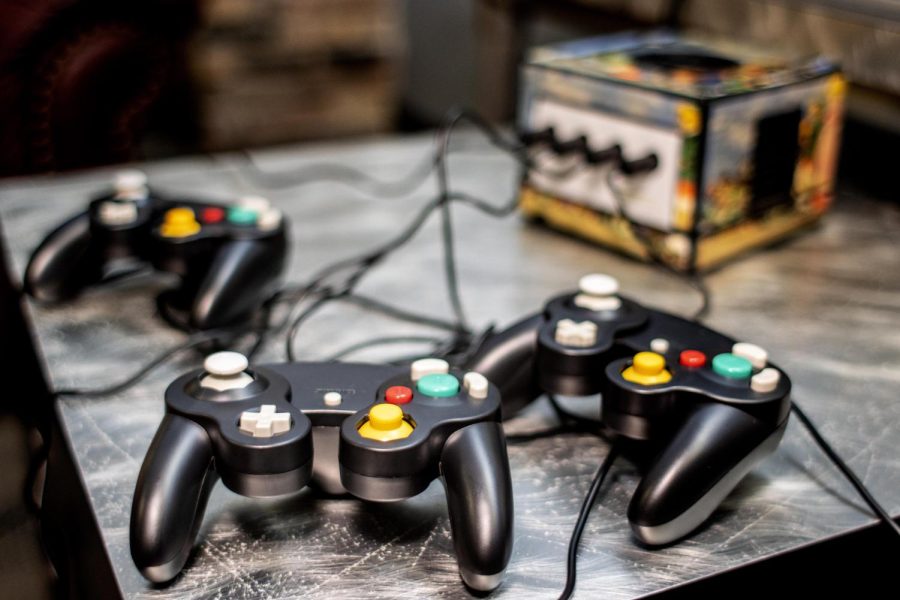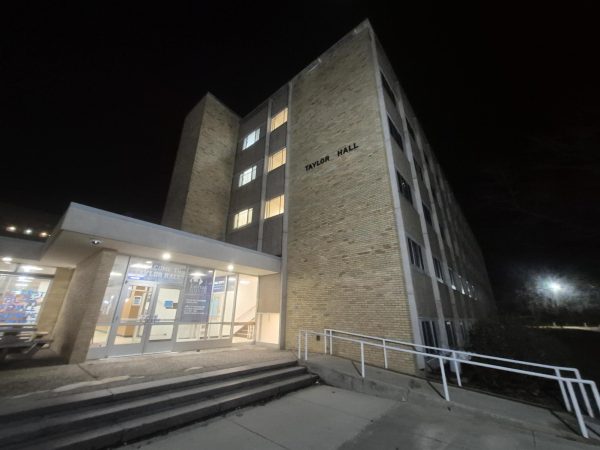Getting to know Richard Rossi
This past semester the music department has kept it’s faculty and students busy with three large Orchestra and Choral concerts, several jazz concerts and other events. One person who helped organize, coordinate and literally conduct most of these concerts is Richard Rossi, director of orchestra and choral activities at Eastern.
Rossi directs Eastern’s Symphony Orchestra, Eastern Symphony Chamber Orchestra, University Mixed Chorus, Concert Choir and Oratorio Society. He also recently established and directs the Sinfonia and Camerata as part of the Collegium Musicum at Eastern.
Rossi started his life on the East Coast, but traveled further west with each degree he chose to pursue.
He started at the Saint Vincent College in Latrobe, Pa. where he earned his bachelor’s and became a monk at the College’s abbey, St. Vincent Archabbey. He earned his master’s in orchestral and choral conducting from Carnegie Mellon University in Pittsburg, Pa.
His decision to get his doctorate brought him to the University of Illinois. As he finished up coursework at Illinois, the position of orchestra and choral director opened up at Eastern.
“It was one of those interviews where you come and it felt right,” Rossi said.
Rossi started in 2000 and just achieved tenure.
To further get to know the man behind the music, Rossi sat down with The Daily Eastern News’ News Editor Sarah Whitney to talk about the challenges of conducting, his family life growing up and why he choose music as his profession.
Question: Why aren’t you a monk anymore?
Answer: I felt I could do more with my gifts as a musician if I left and continued my education at a higher level. They were one of the top ten liberal arts in the country, but it wasn’t a big enough department for me. I still have a good relationship with them and that’s one of the reason’s why I bring the kids back.
Q: Why did you choose music as your profession?
A: I grew up in a music family. Both my parents were singers. My dad had his degree from Juilliard in opera were he sang with Leontyne Price (My dad would call her Mary Leontyne is her stage name) that was his classmate. But it was after Juilliard that my dad went to Broadway and my mom where they met in the touring production “South Pacific” and continued on doing several other productions. So basically music was part of the family. We used to listen to the Texaco opera broadcast from the Met (Chevron Texaco Metropolitan Opera Radio Broadcast) every Saturday. So we would clean the house . while listening to the opera broadcast while my mom or my dad was preparing spaghetti sauce for dinner from scratch.
Q: What is your family’s background?
A: I’m half Italian and my mom is Irish and Scott. He added with a laugh that he has a little Spanish in him “because somebody slept with the maid.”
Q: Who is your favorite composer?
A: I like some many for different reasons. I do have a tendency to lean toward works of composers toward the end of their lives and requiems. Because it seems to epitomize from a choral and orchestra level the true spirit of the composer’s life. I think the composer must become reflective of their own destiny as they are writing. which hopefully is reflected in their work, which in Mozart’s case I think was. My other favorite one, which I think is a very uplifting one, is Faure, which was composed after Mozart’s.
Q: What instruments do you play?
A: Most people think I was a voice major and I wasn’t. I was a piano major, organ is my second instrument which I began playing when I was 16. (He played every day as a monk.) I also play clarinet. I keep up with the organ the most and piano the most.
As a counter tenor, I’ve always been able to do a lot of early music because it’s a rare commodity.
Q: What’s the hardest part of conducting?
A: Preparation. A good conductor is one that comes to the rehearsal already prepared and preparation is time consuming if you do it seriously. I do a lot of markings, analysis and research in my score. I’m already preparing things I’m thinking about doing next year.
Q: How much do you practice a day or week?
A: For me it’s practice and study. It’s ongoing because my wheels don’t stop turning. Music is going through my head all the time, even when I’m exercising. I have to make an effort sometimes to shut it off.
Q: What do you do to relax outside of work?
A: I do work out every day at the gym – jog every other day or lift weights. Now, I’m excited because there’s a really good volleyball group that I just started in Champaign. And I like to cook, a lot of Italian and Asian food. Cooking is another creative outlet. It’s also therapeutic. All the graduate students, advisors, students, I’m having party for them next week where I’m going to cook for them.
I believe in a balance. Creative, study and exercise and a good diet are essential for any conductor and any student. A good balance between ying and yang.
Q: What are you reading and why?
A: I was in Cancun for break, and I was reading “The Broker.” (John Grisham) Yeah, I like different stuff that’s another escapism. .
I’m not a big Steven King fan, and I like suspense. I want a good writer, and something that will keep my attention and according to (The Broker’s) synopsis it was one of those page turning (books). You sort of feel like you are in the moment with the storyline.
Q: What events are coming up in the music department?
A: Besides Lessons and Carols this weekend, next semester the orchestra is doing Stage Struck. We’re doing “Rodeo” by Copeland and Rogers and Hammerstein’s Broadway highlights. But what will be sort of fun – there’s a chamber orchestra concert after that which will be doing “Mozart Sym No. 40” along with chamber works.
The last concert, which is the first time we’ve done this, we’re doing a historical music survey or choral and orchestral highlights from the Middle Ages up to the president time.
Getting to know Richard Rossi
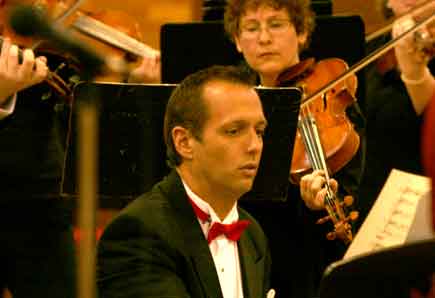
Richard Robert Rossi plays the harpsichord with the EIU symphony orchestra on Sunday evening at McAffee gymnasium. Jay Grabiec/The Daily Eastern News


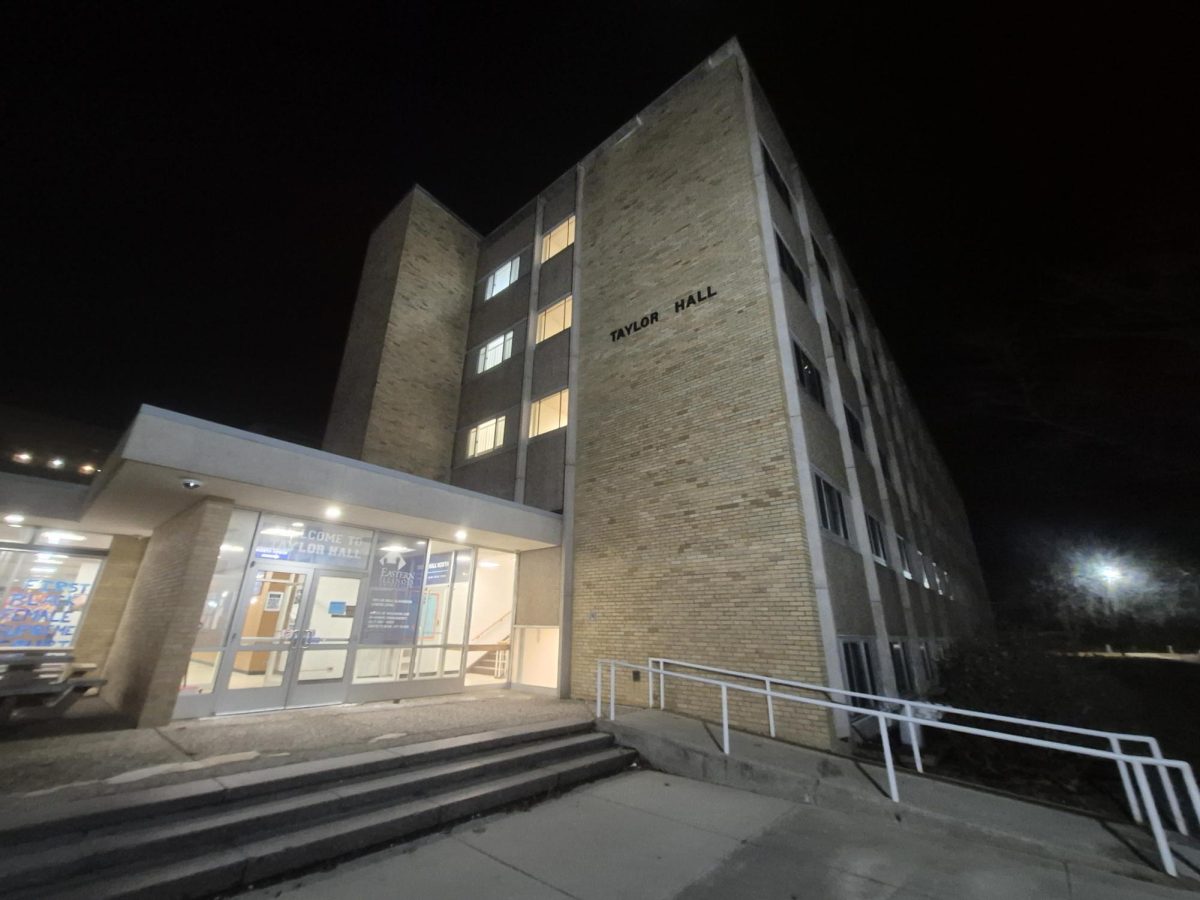
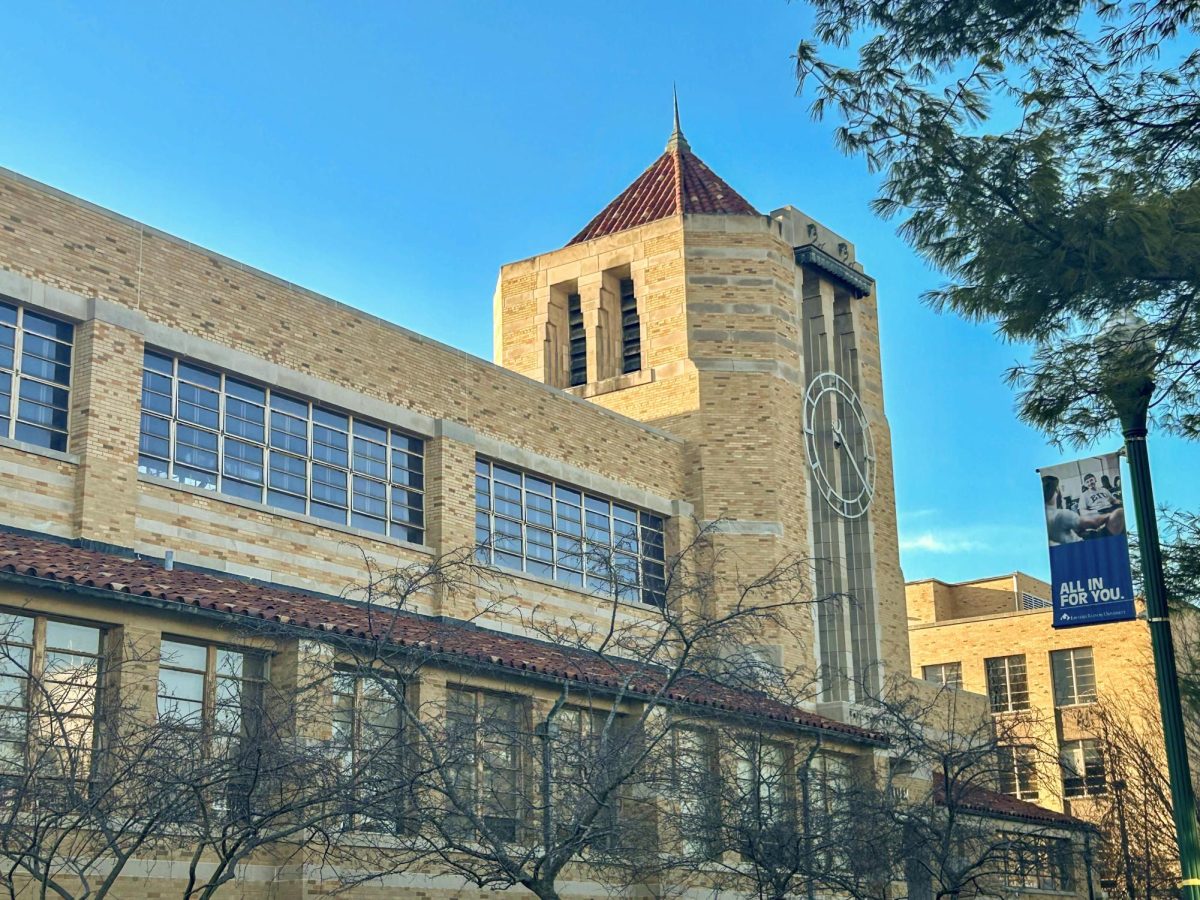

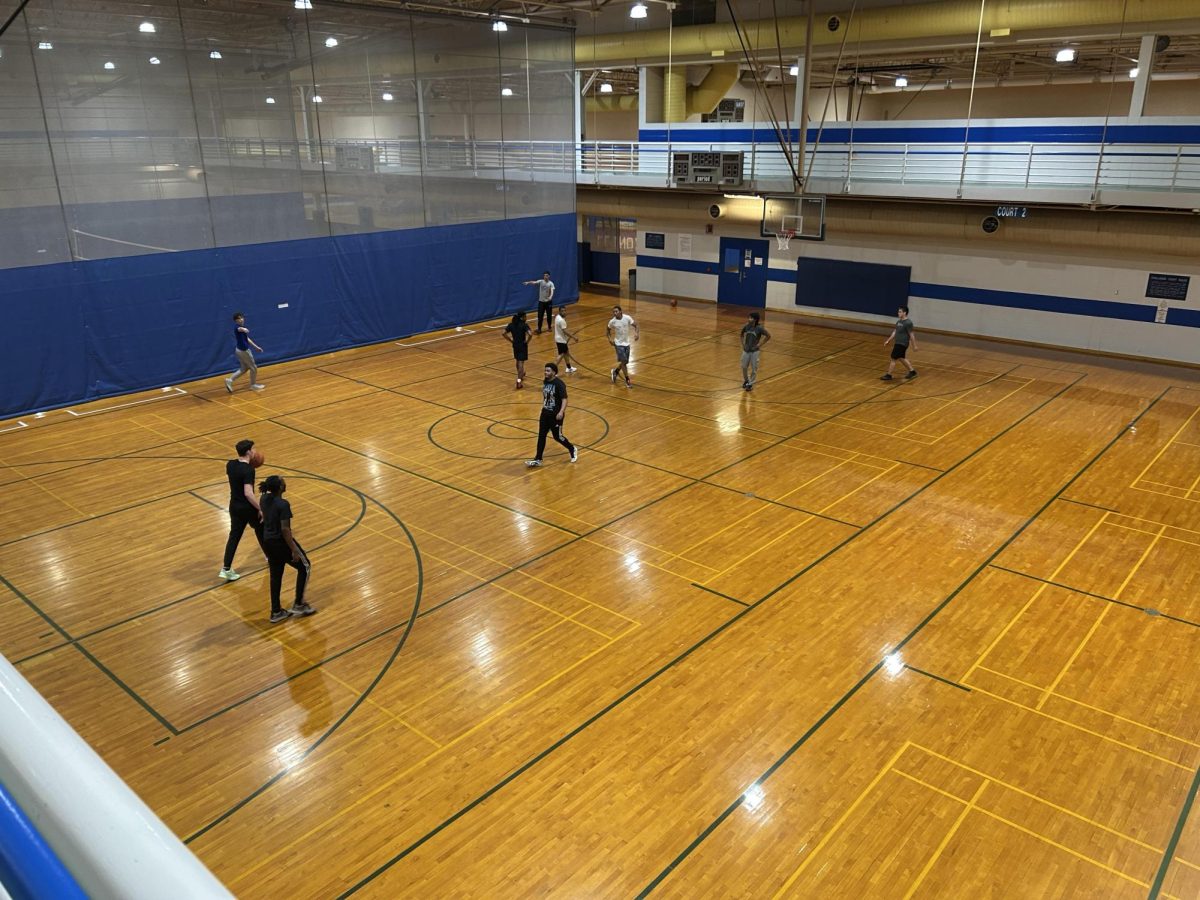
![[Thumbnail Edition] Senior tennis player Luisa Renovales Salazar hits the tennis ball with her racket at the Darling Courts at the Eastern Illinois University campus in Charleston, ILL.](https://www.dailyeasternnews.com/wp-content/uploads/2025/03/Tennis_01_O-1-e1741807434552-1200x670.jpg)

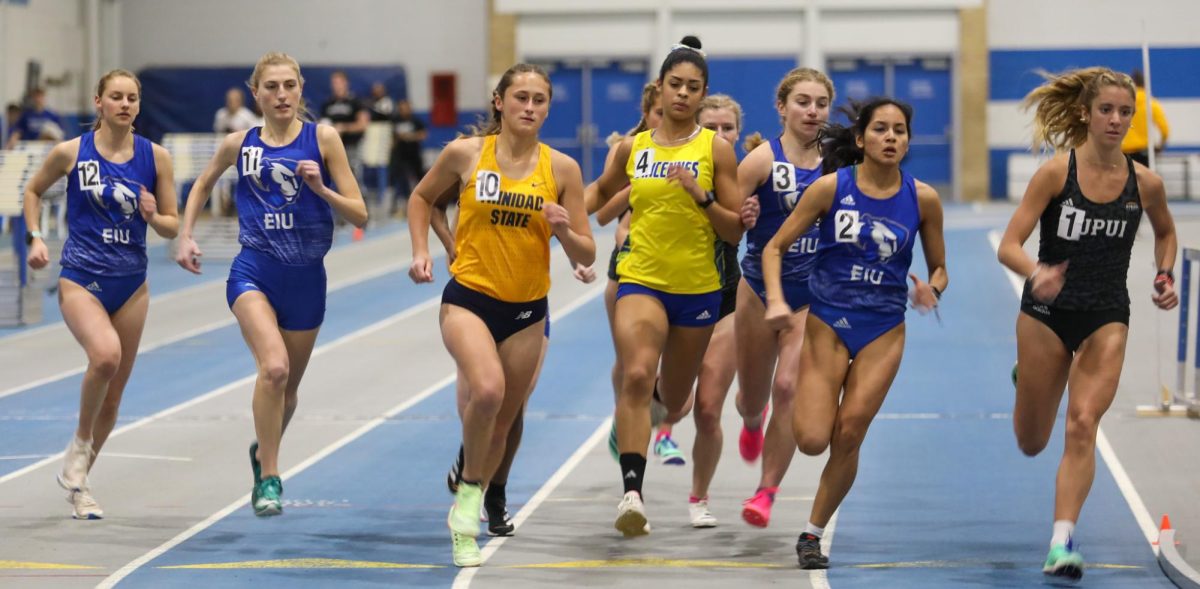
![[Thumbnail Edition] Senior right-handed pitcher Tyler Conklin pitching in the Eastern Illinois University baseball team's intrasquad scrimmage at O'Brien Field in Charleston, Illinois on Jan. 31.](https://www.dailyeasternnews.com/wp-content/uploads/2025/03/TC_01_O-e1741567955534-1200x669.jpg)


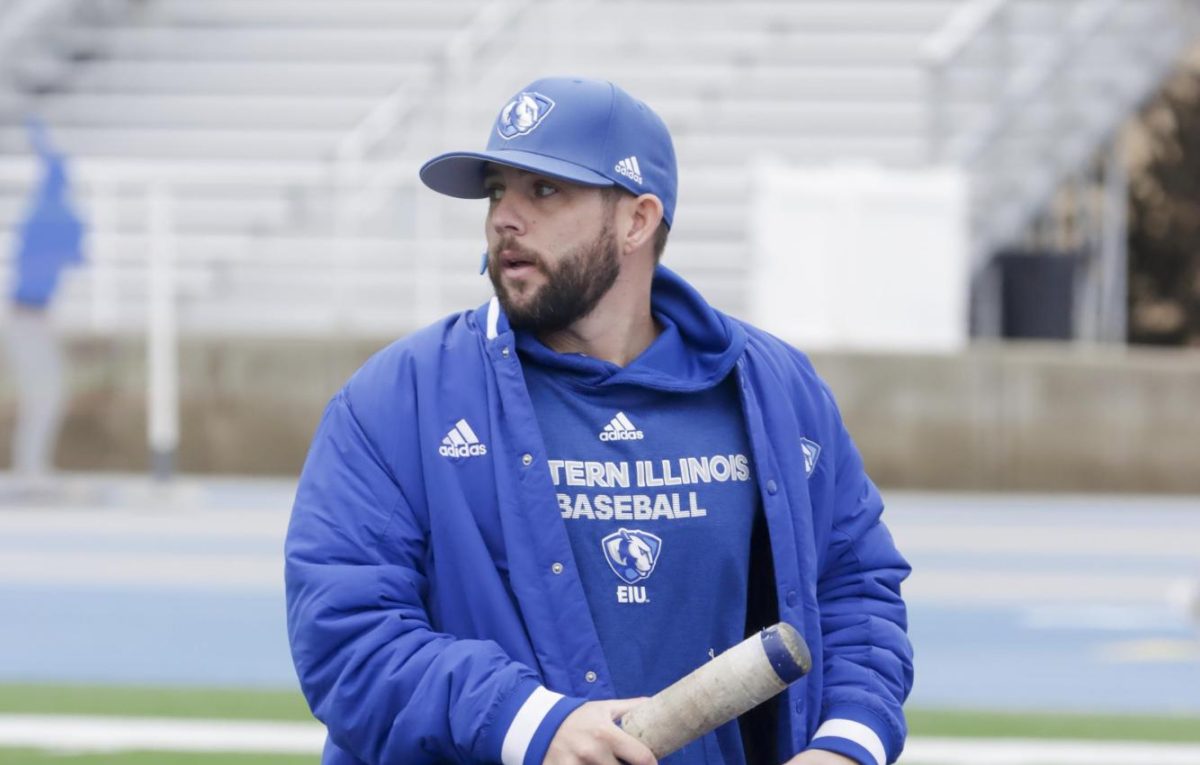
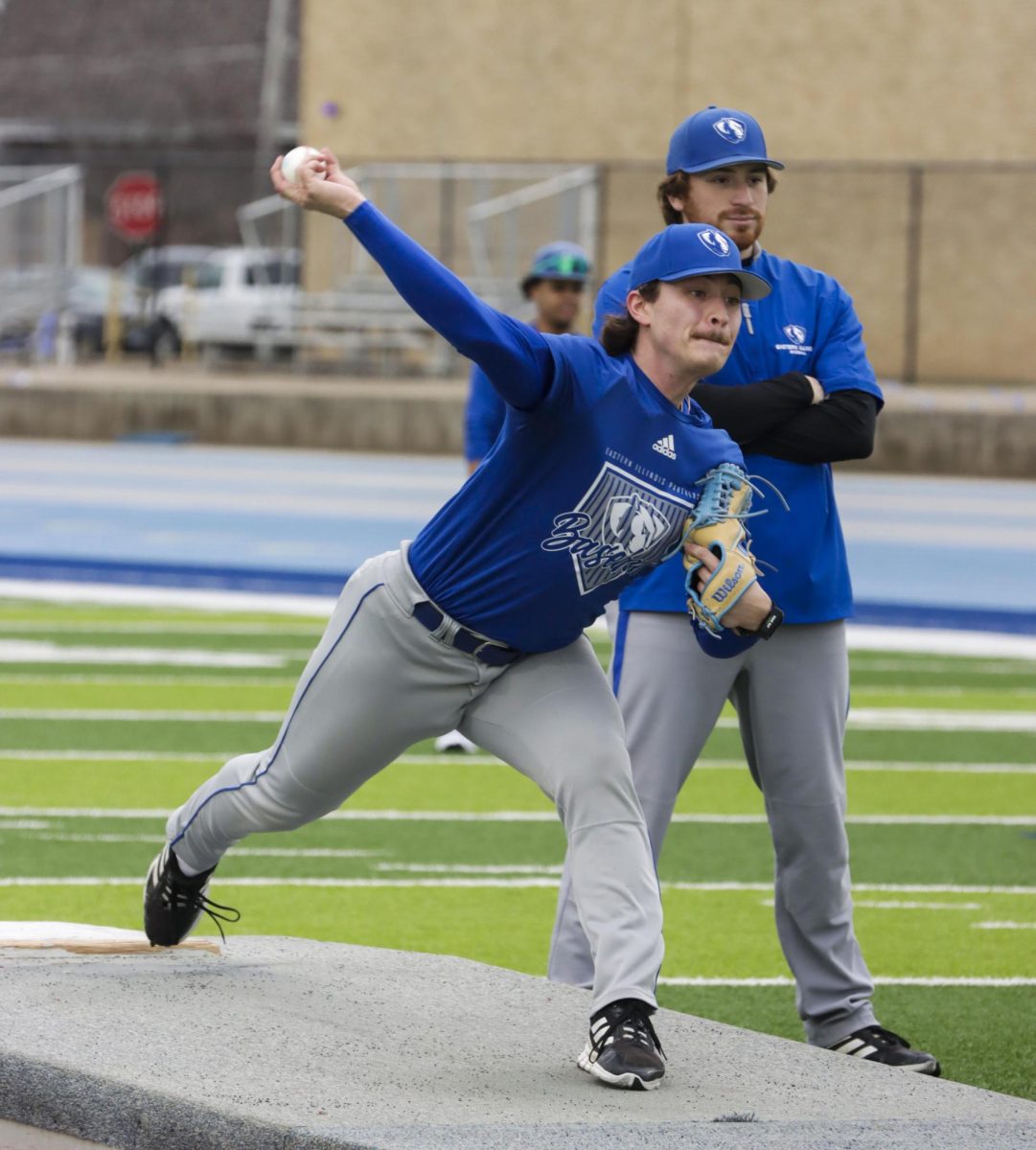


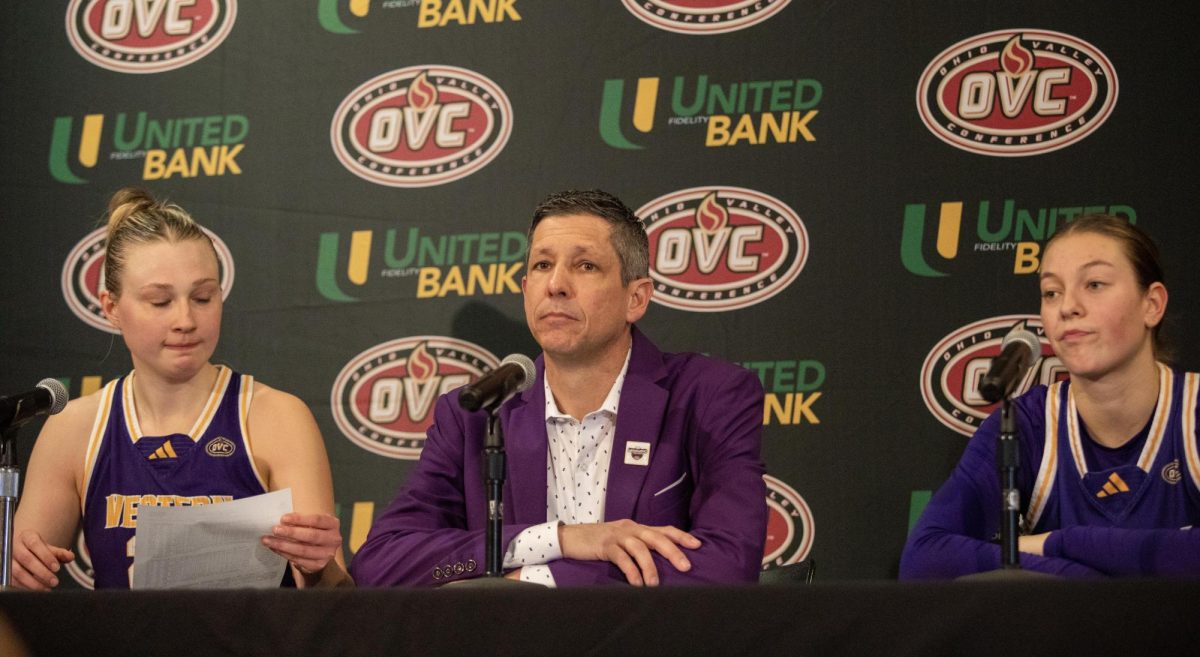
![[Thumbnail Edition] Senior, forward Macy McGlone finds an open teammate to pass the ball too during the game against the Tennessee State Tigers 69-49, in Groniger Arena on the Eastern Illinois University campus, Charleston Ill.](https://www.dailyeasternnews.com/wp-content/uploads/2025/03/WBB_02_O-1-e1741228987440-1200x692.jpg)


















![E[Thumbnail Edition] Eastern Illinois softball freshman utility player Abbi Hatton deciding to throw the softball to home plate in a fielding drill during softball practice at the field house in Groniger arena on Tuesday Feb. 11.](https://www.dailyeasternnews.com/wp-content/uploads/2025/03/SB_03_O-e1741208880750-1-e1741209739187-1200x815.jpg)
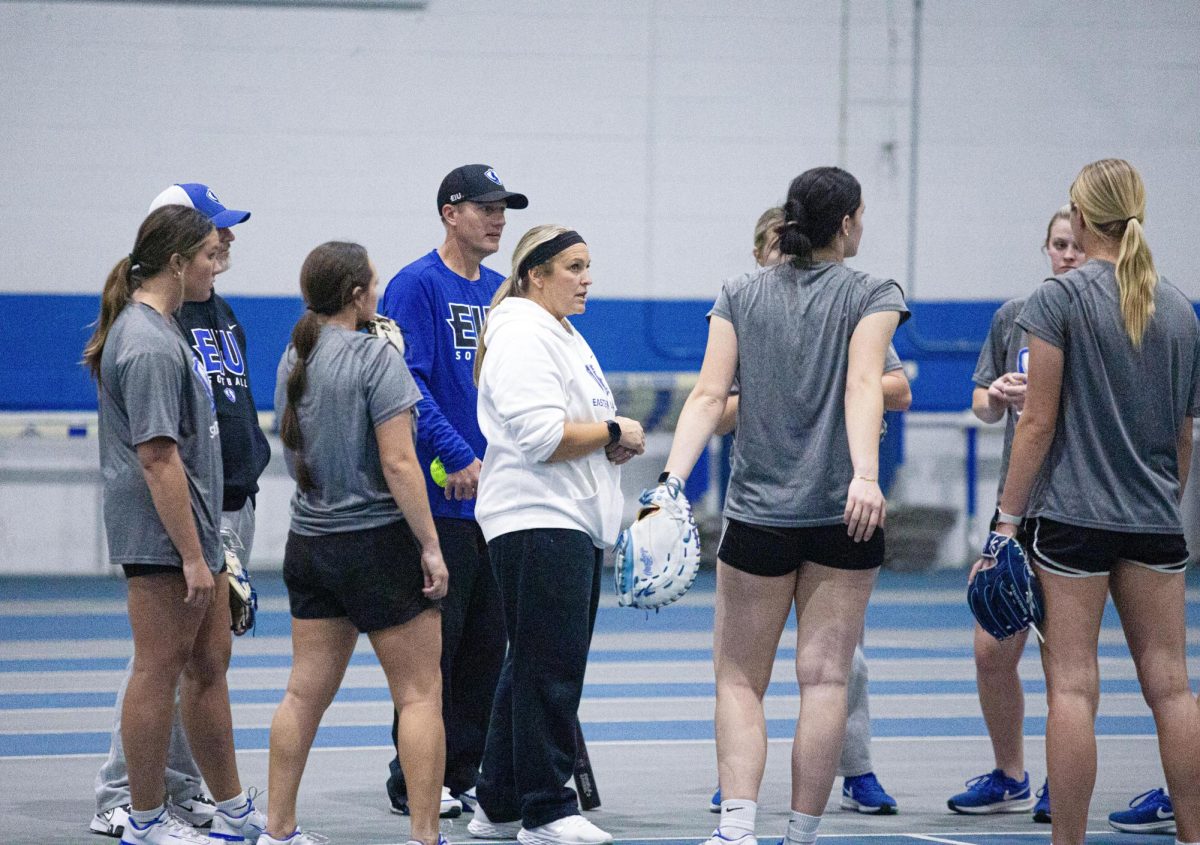
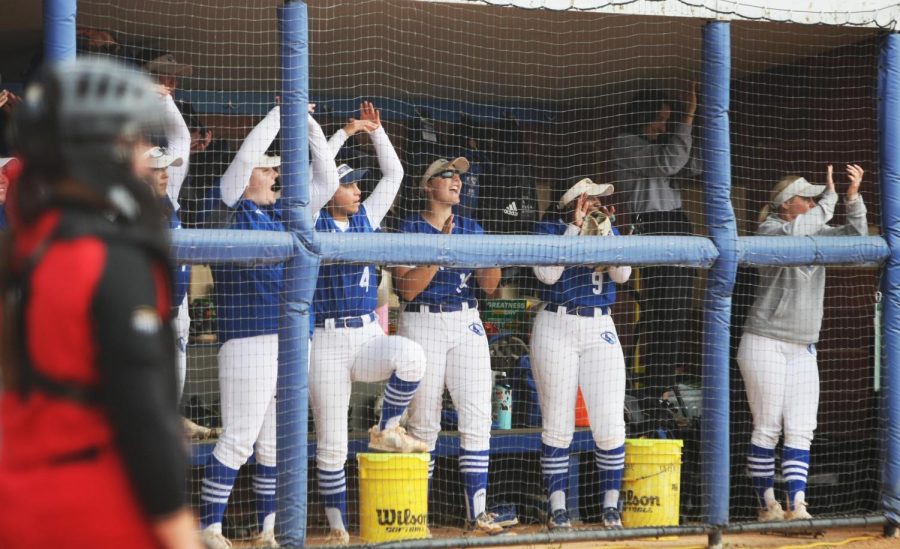













![The Weeklings lead guitarist John Merjave [Left] and guitarist Bob Burger [Right] perform "I Am the Walrus" at The Weeklings Beatles Bash concert in the Dvorak Concert Hall on Saturday.](https://www.dailyeasternnews.com/wp-content/uploads/2025/03/WL_01_O-1200x900.jpg)
![The team listens as its captain Patience Cox [Number 25] lectures to them about what's appropriate to talk about through practice during "The Wolves" on Thursday, March 6, in the Black Box Theatre in the Doudna Fine Arts Center in Charleston, Ill.](https://www.dailyeasternnews.com/wp-content/uploads/2025/03/WolvesPre-12-1200x800.jpg)









